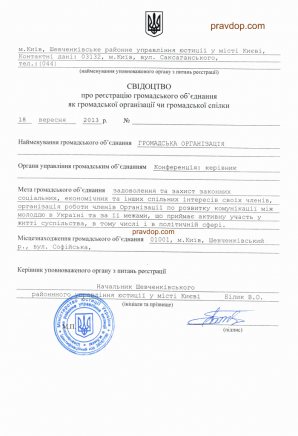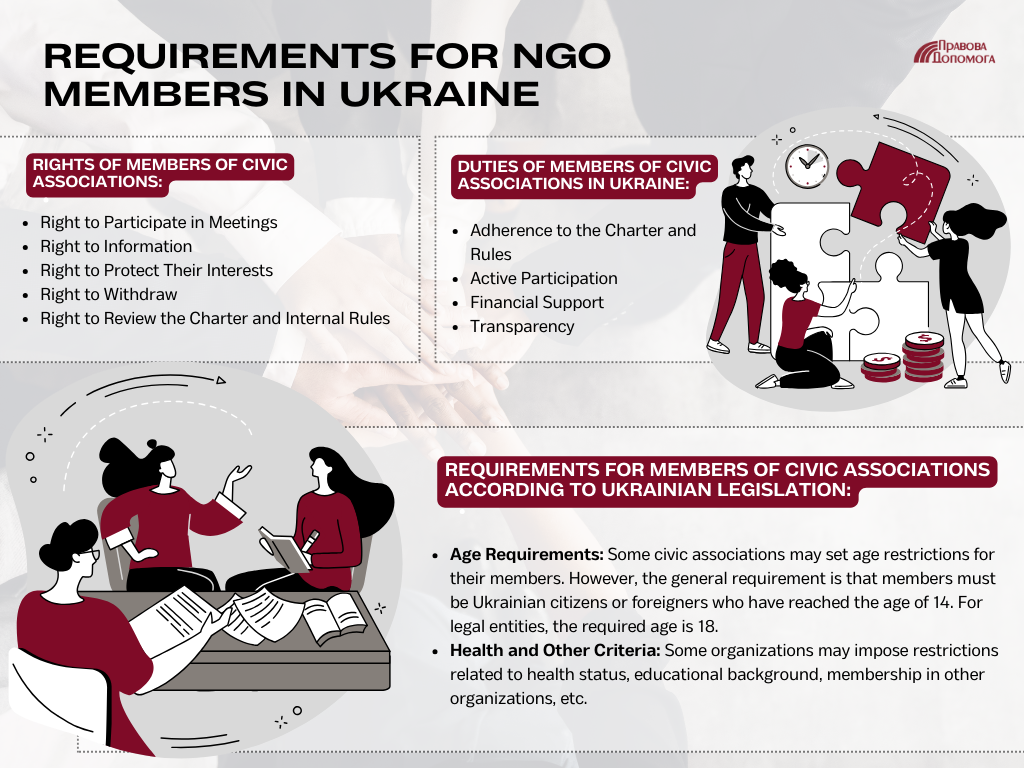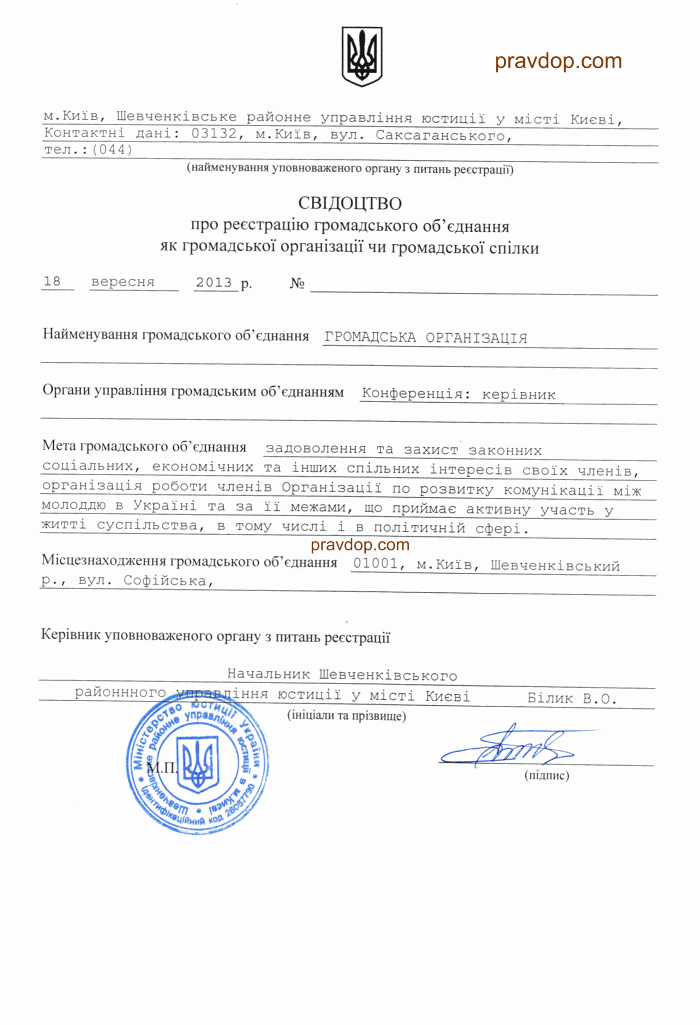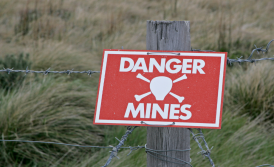Eligibility Criteria for NGO Founders: Who Can Establish a Public Association?
Cost of services:
Reviews of our Clients
An NGO represents one type of Civic Association (hereinafter referred to as CA). Civic Associations serves as a vital tool for social development and collaborative efforts, aimed at addressing the diverse needs and interests of society. These associations bring together individuals or legal entities with defined objectives, spanning economic, social, cultural, and other areas that are legally permissible. Consequently, NGOs play a crucial role in the development of civil society, fostering mutual understanding, cultivating shared values, and facilitating active participation in civic life.
When initiating the registration process of a Civic Association, clients typically encounter several common questions:
- What is the required number of founders to register a Civic Association?
- Who is eligible to be a founder of a Civic Association?
- What criteria must founders meet for a public union, or a children’s or youth NGO?
- Can foreign nationals register a Civic Association in Ukraine?
This article will cover these and other significant questions. If you seek not just information but also assistance with registering a CA, please reach out to us. With over 15 years of experience in registering and managing A in Ukraine, we are also equipped to help draft your organization’s charter tailored to your specific needs. Should the need arise, we are capable of accelerating the registration process. Regardless of the challenges—whether they involve foreign founders, a unique name, or legal preparations for securing grants—we are committed to ensuring success and adept at managing all related tasks.
You may also like: Rights and Responsibilities of NGO Members
Establishing and Registering a Civic Association Considering Legal Requirements and Founder Criteria
In Ukraine, setting up a Civic Association comes with unique considerations compared to forming other types of legal entities like limited liability companies (LLCs) or joint-stock companies. A key distinction is the requirement to have at least two founders to create a Civic Association. This means if you're looking to start such an organization, you'll need to find at least one other individual willing to join you as a co-founder.
This two-founder requirement is intended to ensure broader support and involvement in the organization's activities, unlike other legal entity types like LLCs or joint-stock companies, which can be founded and managed by a single individual. This specific stipulation often leads to confusion among our clients, as it significantly differs from the more flexible conditions allowed for other business structures. Furthermore, prospective founders are sometimes apprehensive because Civic Associations must be registered through the Ministry of Justice of Ukraine, a process that can be exacting. The smallest oversight in the registration paperwork can result in rejection. Therefore, it is crucial to approach the documentation preparation process with great care and ensure full compliance with the legal standards to achieve successful registration.
Can Foreigners Establish and Register a Non-Governmental Organization in Ukraine?
Recently, Danish citizens reached out to us with inquiries about the feasibility of establishing an NGO in Ukraine, with both founders being foreigners. Their primary concern revolved around understanding the specific requirements and possibilities for registering such an organization in Ukraine, and whether it was necessary to have a legal partner in the country. We informed them that Ukrainian law mandates that any NGO must have at least two founders, who can be either Ukrainian citizens or foreigners. Therefore, the Danish nationals were fully entitled to be the founders of an NGO.
Following our consultation, these individuals opted to initiate the NGO registration process in Ukraine. They emphasized the need for a swift registration due to the nature of their organization, which was to provide animal aid. This urgency was particularly relevant given the current events at the time, especially the aftermath of the Kakhovka Hydroelectric Station disaster. We approached their case with thorough diligence and expedited the registration process accordingly. Thus, foreigners can indeed be founders of NGOs in Ukraine, and with the correct legal guidance and proper registration, they can legally operate and address critical humanitarian needs.
Requirements for NGO Members in Ukraine
Please note! In Ukraine, NGOs are structured either as civic organizations or civic unions, and both types require a minimum of two founders for establishment.
- Founders can include competent Ukrainian citizens aged 18 and above, as well as stateless persons and foreigners.
- For youth and children's NGOs, founders can be as young as 14 years old.
- Civic unions specifically may be founded by private legal entities, including other civic associations that hold legal entity status. However, political parties and legal entities undergoing dissolution are not eligible to be founders.
For youth and children's civic unions in Ukraine, the ages of the members are specified by the organization’s charters, which must comply with the boundaries set by legislation.
Rights of Members of Civic Associations:
- Right to Participate in Meetings: Members have the right to attend meetings, contribute to the agenda, vote, and other rights.
- Right to Information: Members shall be granted access to information on the financial condition, operational activities, and achievements of the organization.
- Right to Protect Their Interests: Members can voice their perspectives and interests and require these to be considered in the decision-making processes.
- Right to Withdraw: Members can leave the organization at their discretion.
- Right to Review the Charter and Internal Rules: Members have the right to be elected to the organization’s management bodies.
Duties of Members of Civic Associations in Ukraine:
- Adherence to the Charter and Rules: Members must comply with the organization's charter and internal rules.
- Active Participation: Members are required to actively participate in the organization's activities and fulfill their assigned responsibilities.
- Financial Support: Members may be required to pay membership fees or make other financial contributions to support the organization's operations.
- Transparency: Members must maintain honesty and transparency in their financial reporting and communications with the organization's bodies and the public.
Requirements for Members of Civic Associations According to Ukrainian Legislation:
- Age Requirements: Some civic associations may set age restrictions for their members. However, the general requirement is that members must be Ukrainian citizens or foreigners who have reached the age of 14. For legal entities, the required age is 18.
- Health and Other Criteria: Some organizations may impose restrictions related to health status, educational background, membership in other organizations, etc.
You may also like: Duties and Responsibilities of the Governing Bodies of NGOs
How to Specify Founders During the Registration of a Civic Association?
A Civic Association planning to operate in Ukraine, whether as a legal entity or not, must undergo a government registration process. This process is governed by Ukrainian legislation on the registration of legal entities, individual entrepreneurs, and public organizations. The association is required to submit all necessary documents within 60 days following its foundational meeting.
Failure to submit the registration documents within this 60-day window results in the association not being formally established. It is critical to carefully consider all legal details and requirements during registration, as the Ministry of Justice meticulously examines all documents and can reject the application for any technical errors.
For example, we once assisted a client who aimed to establish a Union to support veterans but faced rejection from government bodies after attempting to register independently. Our legal team reviewed the situation and identified several technical errors and incorrect data entries made during his registration attempt. A significant mistake was that he listed himself as the sole founder for two different LLCs as founders in the Union’s registration, which is a direct violation of the Ukrainian Law "On Civic Associations."
The law requires a Civic Association to have at least two participants to establish. Our team prepared a complete and accurate set of documents for registration and corrected all the client’s previous errors. As a result, we successfully registered the Union, which now continues to support veterans and perform its social functions. This case highlights the importance of thorough documentation and expert guidance when registering Civic Associations and other non-governmental organizations in Ukraine.
Why a Non-Governmental Organization Requires at Least Two Members: Principles of Democracy and Public Representation
The necessity for a non-governmental organization (NGO) to have at least two members can be traced back to its very definition. An NGO is defined as an assembly of citizens, and this definition inherently suggests the necessity for at least two people. Here are additional aspects that support this requirement:
- Public Representation: An NGO is a tool that allows citizens to unite and work together on various public initiatives. Having at least two members demonstrates that the organization is a collective endeavor aimed at representing civic interests, rather than the interests of an individual.
- Democratic Nature: Ensuring that there are at least two members fosters a democratic environment within the organization. This structure allows for different viewpoints to be discussed and incorporated into decision-making, promoting a more holistic approach to governance.
- Prevention of Monopolization:It is essential to avoid a situation where one person or a small group has unchecked control over the NGO. Having multiple members helps distribute power and responsibilities, thereby preventing any single entity from dominating the organization.
Therefore, the requirement for a minimum number of members in an NGO is governed not only by legal norms but also by the principles of community engagement and democracy that form its foundational ethos.
Documentation and Registration Process for Non-Governmental Organizations: What Documents Do Founders Need?
For the registration of a non-governmental organization (NGO), the founders and directors are required to provide copies of their passports and tax identification numbers (TIN) to complete the necessary forms and submit applications to the registration authorities. It is crucial to note that a TIN is mandatory for both Ukrainian citizens and foreigners or stateless persons.
The founders of civic unions must supply the following documents:
- An excerpt from the Unified State Register;
- A copy of the organization’s charter;
- A registry of shareholders, if necessary.
For founders who are non-resident legal entities, additional documentation proving registration in their home country is required. This document must be legalized, apostilled, and translated into Ukrainian, and it must also be notarially certified.
To prepare for the registration of an NGO, founders, and members of the management body must provide copies of their passports and TINs. For civic unions that include legal entities as founders, the organization’s code from the Unified State Register of Enterprises and Organizations of Ukraine (USR) is used instead of individual passports and TINs. Moreover, detailed contact information and other relevant details for each member of the management body are needed, including their roles and contact phone numbers.
Our legal team has years of experience in the registration of public organizations, associations, unions, and other non-profit entities. Assisting clients in establishing and correctly setting up these organizations according to Ukrainian law is one of our specialties. If you need expert legal assistance, feel free to reach out to us. We tailor our services to meet each client's specific needs and objectives, providing expert advice, helping select the most suitable organizational structure, and preparing all necessary documentation for registration.
Please call our free multichannel hotline at 0 800 211 436 or use the "Request a Call" button to arrange a consultation. Our team is prepared to address any legal challenges and help you achieve your goals.
Our clients








